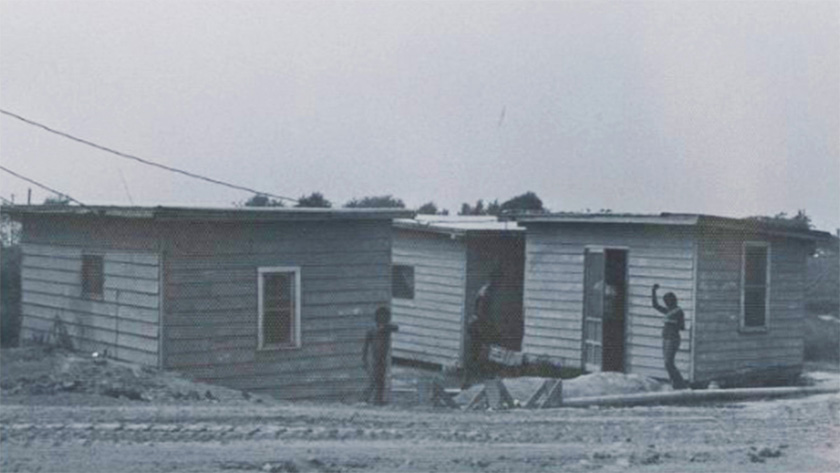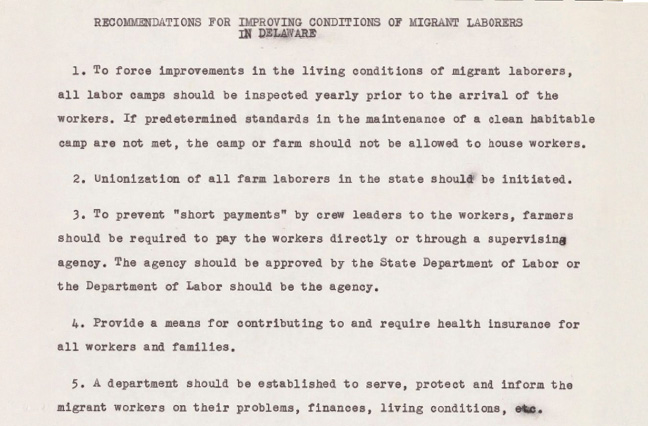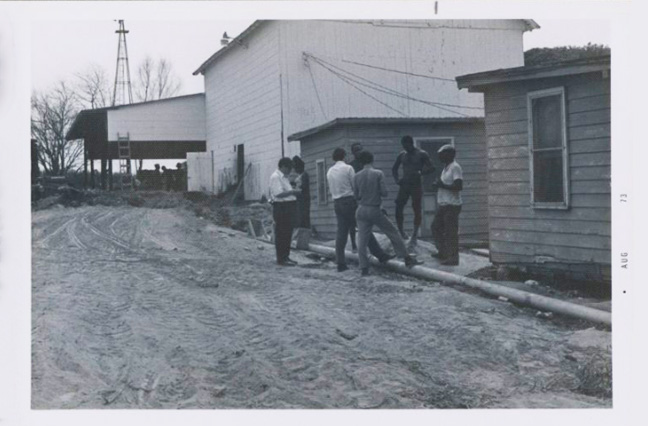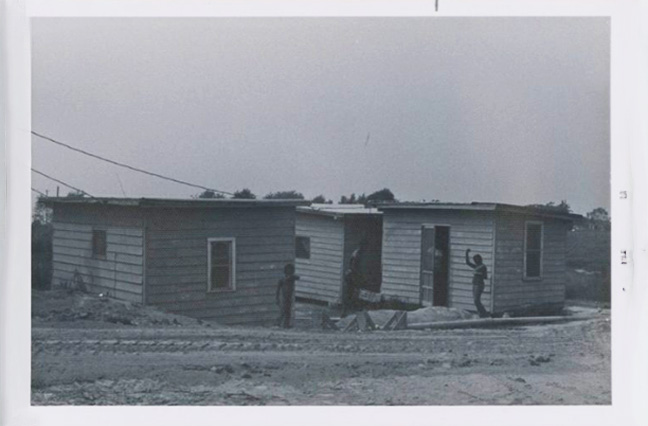
New Digital Collection: Littleton and Jane Mitchell Papers Now Available
By David Cardillo, Digital Collections and Preservation
The University of Delaware Library, Museums and Press is pleased to announce the addition of a new digital collection to our Quartex platform, highlighting the life and legacy of civil rights leader Littleton “Lit” Mitchell (1918–2004). A U.S. Air Force pilot and member of the renowned Tuskegee Airmen during World War II, Mitchell dedicated much of his post-military career to advocating for civil rights and social justice, particularly through his three decades of leadership with the Delaware NAACP and as a teacher and counselor at the Governor Bacon Health Center in Delaware City.
The physical collection includes a wealth of educational materials, including report cards, certificates and records of Mitchell’s military service. Thanks to a generous grant from the Friends of the Library, the first portion of this collection to be digitized focuses on Mitchell’s work with the NAACP, particularly in addressing social justice issues such as housing discrimination in Sussex County and the rights of migrant laborers in Delaware.

Among the highlights of the digital collection are documents outlining recommendations for improving conditions for migrant laborers, as well as photographs capturing life in migrant labor camps. One image shows workers socializing outside their living quarters, while another provides a glimpse into the limited living spaces available to them.


The Littleton and Jane Mitchell Papers document not only Littleton Mitchell’s civil rights advocacy and educational career but also the pioneering work of his wife, Jane E. Mitchell (1921-2004), one of Delaware’s first African American nurses and former director of nursing at the Delaware State Hospital.
The digitized portion of the collection is now available through the Quartex platform. To explore these materials, visit https://digitalcollections.udel.edu/collections/littleton-and-jane-mitchell-papers.
We invite researchers, students and the public to engage with this important collection and learn more about the Mitchells’ lasting impact on Delaware and beyond.
